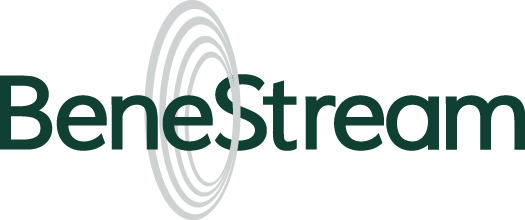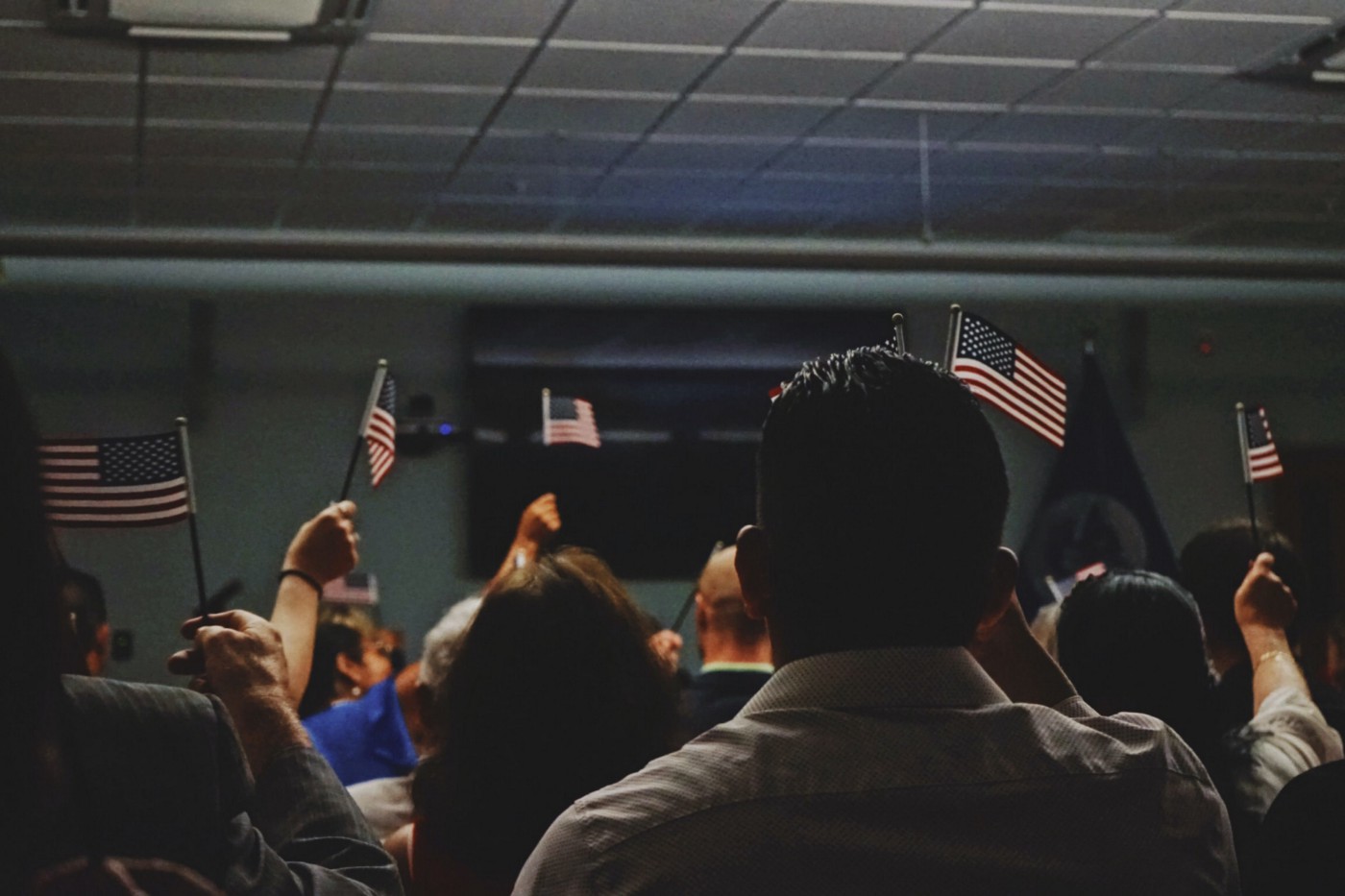The “public charge rule” is an arcane public policy that makes immigration processes more difficult for a very particular and small range of applicants. However, it received outsized attention during the Trump years due to fresh ambiguity around its application and the administration’s hostility toward immigrants from poor countries.
Traditionally, a public charge is defined as an individual who is ‘‘primarily dependent on the government for subsistence, as demonstrated by either (i) the receipt of public cash assistance for income maintenance or (ii) institutionalization for long-term care at government expense.” The rule is grounds to deny a person a green card, visa, or entry into the United States based on their long-term use of these services, which consequently deters the use of some public programs by noncitizens.
The recent increase in fear around public charge enforcement stems from August 2019 when the Trump Administration and Department of Homeland Security (DHS) expanded the list of public benefits that subject an individual to the policy. Under this revision, most noncitizens without Legal Permanent Resident (green card) status who received one or more public benefits for more than 12 months in the aggregate within any 36-month period were subjected to the rule.
The most relevant aspect of this change for our work at BeneStream is that the list of benefits applied to the policy was expanded to include Medicaid and the Supplemental Nutrition Assistance Program (SNAP). However, despite these changes, the public charge rule did not apply to green card holders applying for citizenship. Nevertheless, the Trump Administration’s changes unsettled many immigrants, including those with green cards, and frightened them away from accepting assistance crucial to the health of their families.
What is the current status of the public charge rule?
On March 9, 2021, President Biden directed the Secretary of Homeland Security to review the DHS’s policy changes regarding the public charge rule. The DHS subsequently determined that the version of the policy employed by the Trump administration was “neither in the public interest nor an efficient use of limited government resources.” Therefore, the US Citizenship and Immigration Services (USCIS) once again refers to the pre-Trump standards, and will no longer consider an “applicant’s receipt of Medicaid (except for long-term institutionalization at the government’s expense), public housing, or Supplemental Nutrition Assistance Program (SNAP) benefits as part of the public charge inadmissibility determination.”
With the Trump administration out of power, and the Biden administration resetting the national conversation, more individuals and families will be able to feel at ease when applying for Medicaid, SNAP, and other programs. At BeneStream, we look forward to guiding them through that process.

